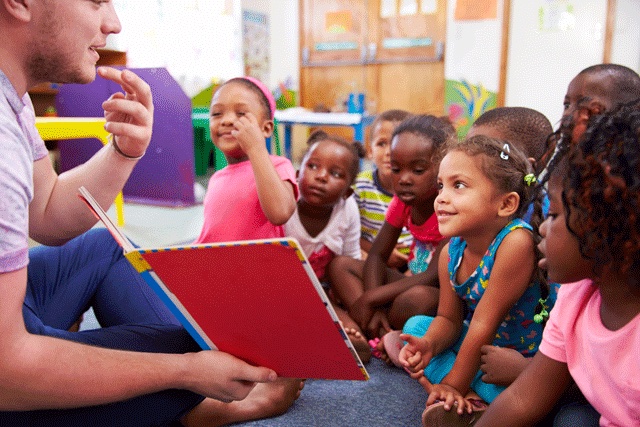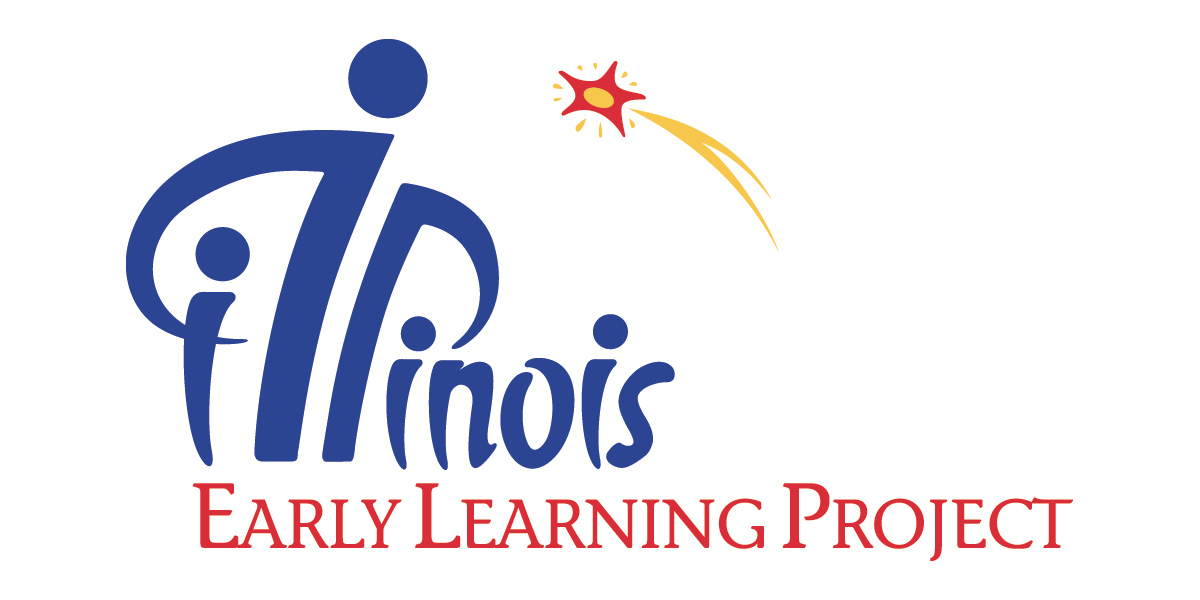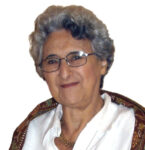
Like most official documents about standards, benchmarks, and outcomes for early education programs, the Illinois Early Learning Standards document indicates that its main purposes are to specify what all children “should know and be able to do.” Unfortunately, such standards seldom refer to the importance of helping children develop their “understanding” of the important knowledge they must acquire. Nor do the standards refer to the importance of teaching children in such a way as to help them develop the dispositions to actually use what they become “able to do.”
So often I have talked with preschoolers about the “knowledge” they seem to have acquired about a specific topic, but when probing their knowledge, I find that their understanding is very limited. For example, many children spend some time daily in their preschool classes discussing the calendar but with very limited understanding of what the terms and concepts really mean. I recently talked to a 4-year-old sitting on the rug in the classroom at the end of the morning. She was waiting to be picked up by her mother. I noticed that there was a large calendar leaning against the blackboard on the wall close to where she was sitting. I asked her, “I guess you talked about the calendar today, huh?” “Yes,” she said, with little enthusiasm. Then I asked her, “So, what day is it today?” She looked at the calendar and then said to me with some confidence, “Rainy.”
Eventually they all do get it! Within a year or two, she and her classmates will have the concepts of the calendar and the weather reasonably well mastered. That mastery is likely to be an effect of their cognitive and intellectual development and not just a consequence of daily rehearsal of the calendar ritual. But one of my main concerns is: What is being learned in this kind of setting? It is useful to keep in mind that children always learn—but not necessarily what we want them to learn!
When young children spend substantial periods of time daily on something like the calendar—long before they really understand it—they may be learning to identify teachers and classroom settings with things that can’t really be understood. Or they may come to define themselves as dumb when it comes to school things. They may also come to learn that you just have to sit still and repeat what the teacher says—then escape from school.
Goals, standards, and benchmarks concerning things children should become “able to do” (for example, to read and write) seem to be the major purposes of education. However, I suggest another very important goal of education should be to help learners to acquire essential abilities in such a way that the dispositions to employ them should also be addressed. For example, we want children to acquire the ability to read but, at the same time, to develop the disposition to do so habitually—and sometimes with pleasure as well. If we take seriously the disposition or habit of using the learned abilities, then our teaching and curricula should address questions concerning at what age the knowledge and skills identified must be learned, as well as how they can best be learned so that the habit of using them will also be developed.
These concerns—acquiring knowledge and understanding and, at the same time, the lifelong disposition to seek and to use both—can be addressed by high-quality project work. Good project work can be incorporated into the curriculum by age 3 and in all the grades ahead.


 Printer-friendly PDF
Printer-friendly PDF Lilian Katz
Lilian Katz
 PDF para imprimir
PDF para imprimir